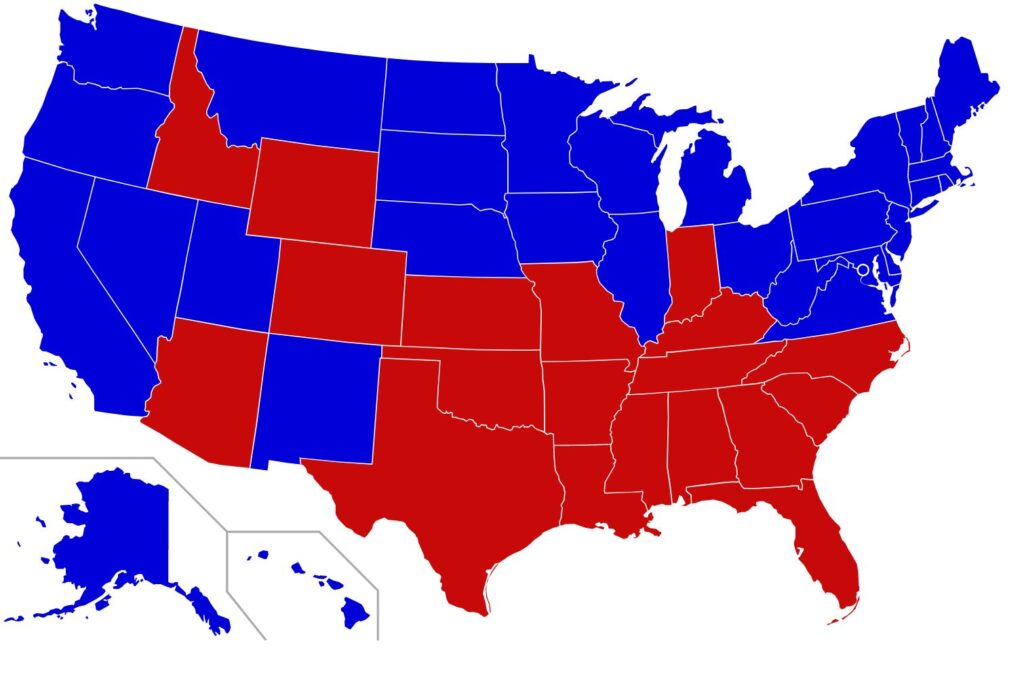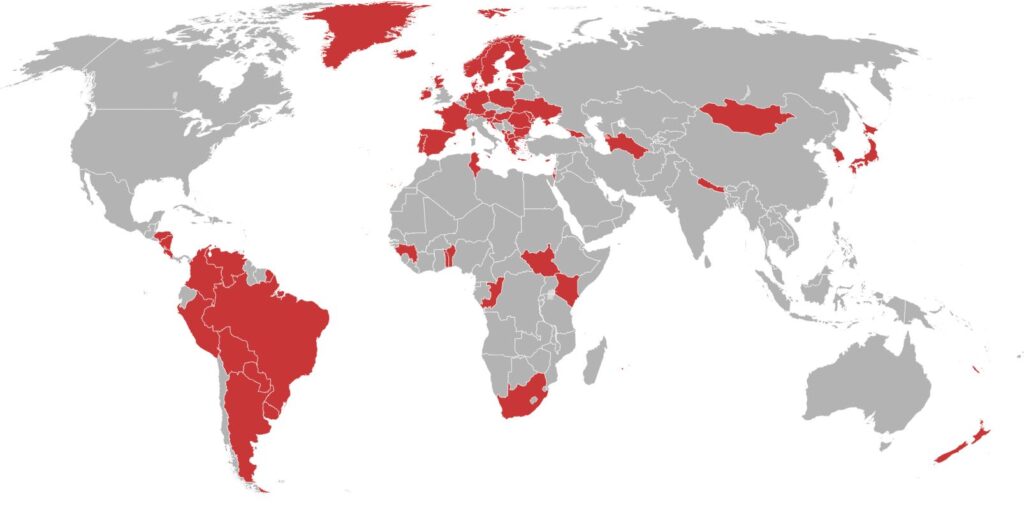Disciplining for every child is different. As parents, we want our children well-behaved, well-mannered, and respectful toward their elders. However, they misbehave every now and then. What do you do then? Can we physically punish them? Can we ban the playing time? Some old-fashioned discipline techniques still work till today. However, some are not. They may show instant results but are not effective long-term. We use these techniques when we are angry and frustrated with our children. Moreover, we cannot control ourselves in the heat of the moment. Here are these old-fashioned discipline techniques that you should avoid at all times.
Table of Contents
1. Physical or Corporal Punishment
Physical punishment refers to inflicting physical pain through spanking, hitting, flogging, pulling, pinching, slapping, etc. It can also mean forcing your child to eat something unpleasant.
The most advantage of physical punishment is that it brings instant, short-term results. The child immediately changes his behavior in fear of the pain. Parents forget that physical punishment may get their attention and bring a change in their behavior, but it also has long-term physical, psychological, and behavioral consequences. According to the APA’s publish Resolution on Physical Discipline of Children By Parents, physical discipline does not improve behavior. It also causes behavioral, academic, and emotional problems over time.
Children learn from their parents and tend to use the same punishment methods to resolve conflicts in the future. Also, children who have been physically punished tend to become more aggressive and impatient when put in difficult situations. They may behave well in front of their elders because the fear of punishment, but they do whatever they want when the moment are gone.
CDC has formally come out with policy asserting that physical punishment is child abuse and should be prohibited. In response to consistent data showing physical punishment to be associated with increased violence and emotional disorders.
Is that legal for corporal punishment at school and home?
By 2016, most countries had prohibited corporal punishment in schools, including all of Europe, and most of South America and East Asia. Approximately 69 countries are still allow for corporal punishment in schools, including parts of the United States and many countries in Africa and Asia.
Moreover, an increasing number of countries have also outlawed corporal punishment at home. However, domestic corporal punishment of children remains legal in most of the world.

Blue: corporate punishment is illegal at school but legal at home in the U.S., Red: corporate punishment is legal both school and at home in the U.S.,








1 Comment
Comments are closed.